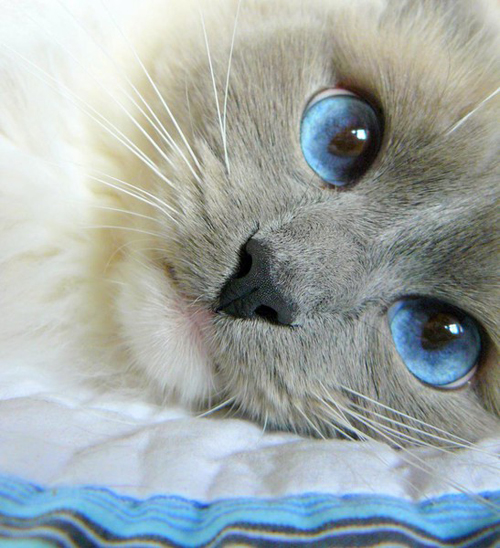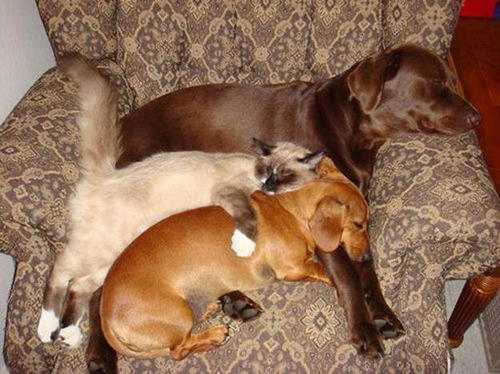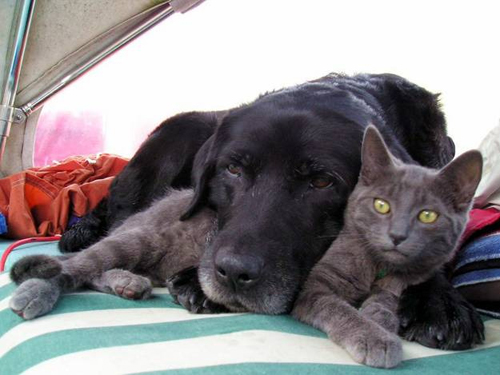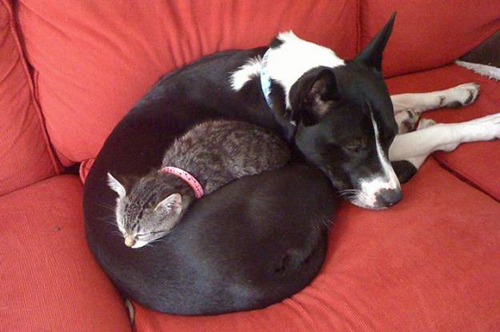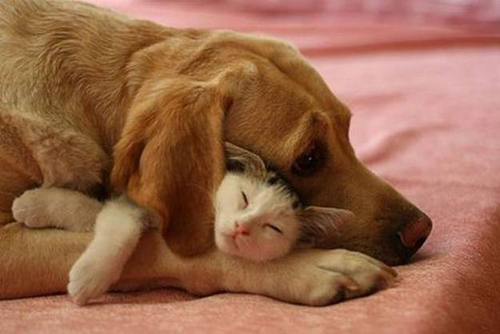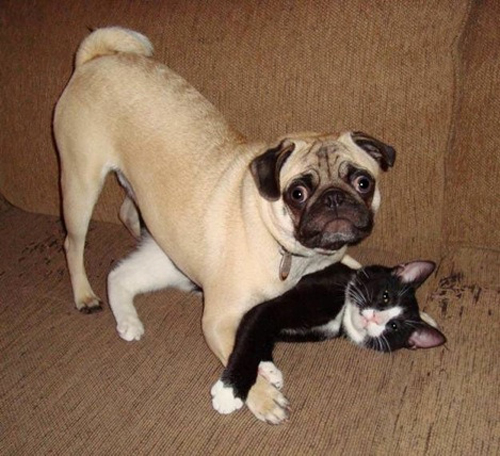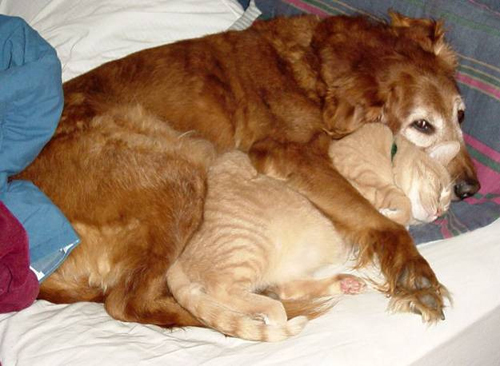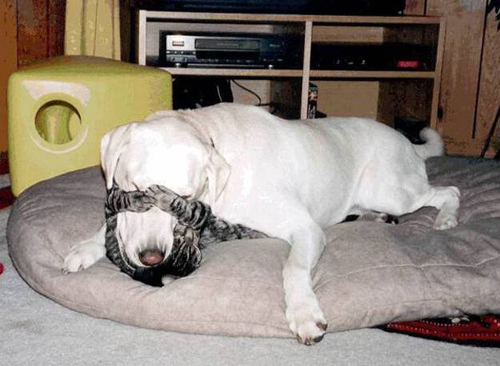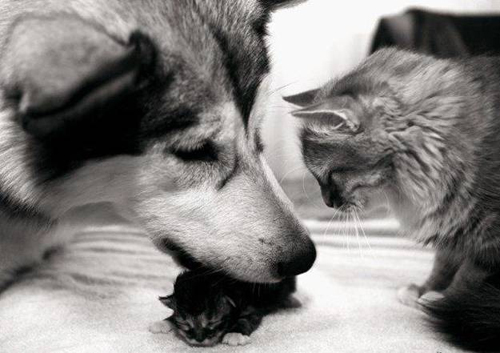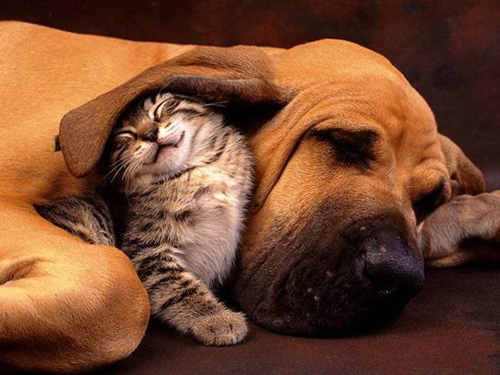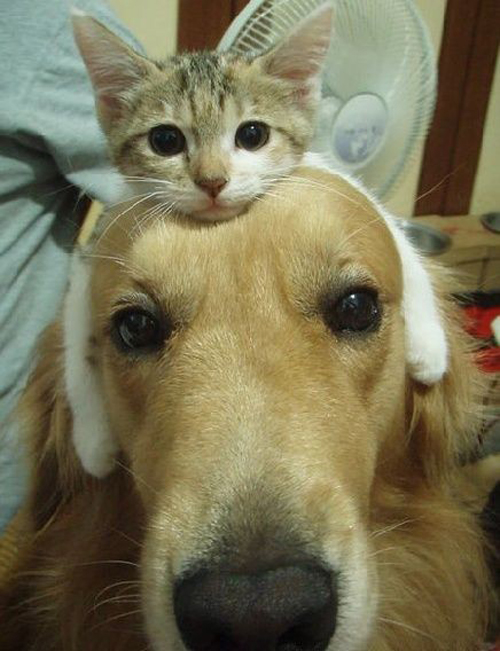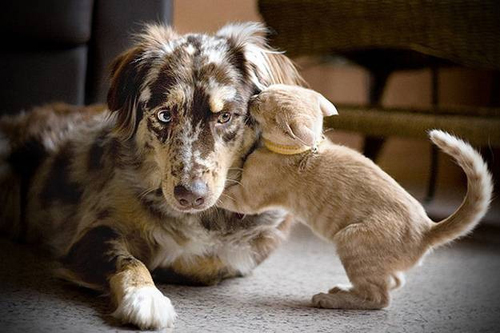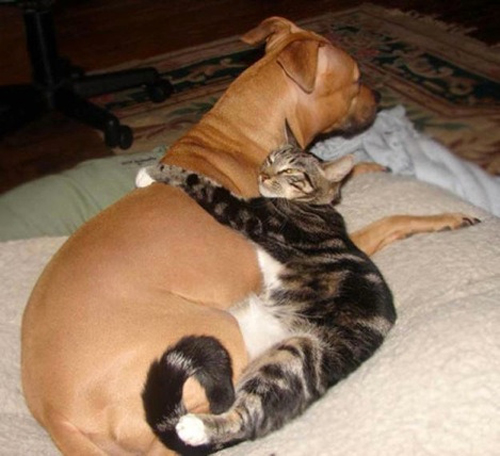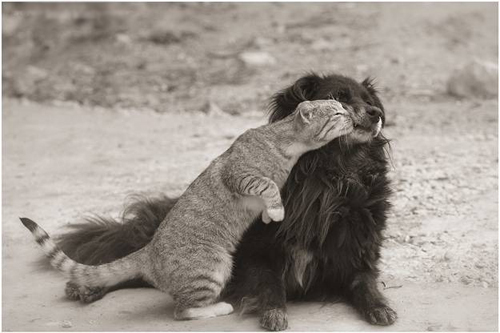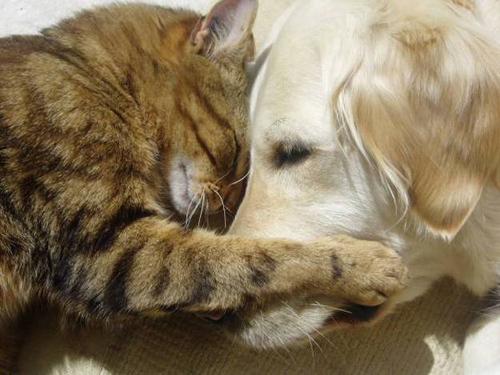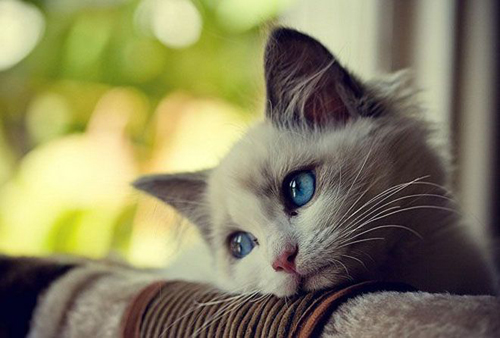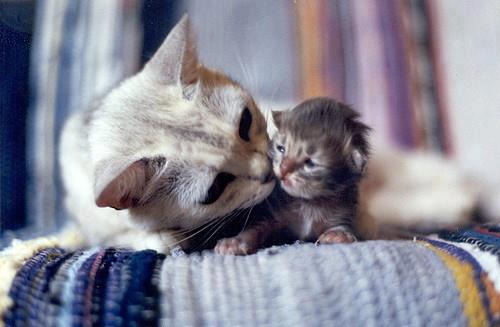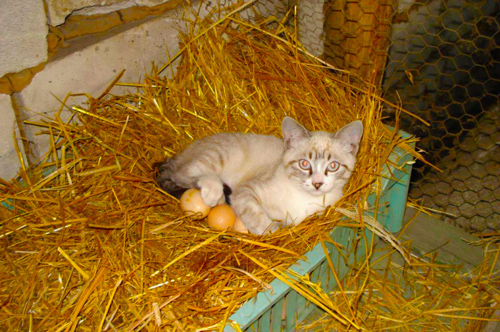Posts Tagged ‘Cat’
Daily Paws Picture of the Day: Precious!
Tuesday, May 8th, 2012Every Dog should have his own Cat – Part 3
Tuesday, May 1st, 2012Every Dog should have his own Cat – Part 2
Monday, April 30th, 2012Every Dog should have his own Cat – Part 1
Friday, April 27th, 2012Daily Paws Picture of the Day: Caturday!
Saturday, April 14th, 2012Daily Paws Picture of the Day: Mother’s Love
Tuesday, April 10th, 2012Daily Paws Picture of the Day: Precious
Sunday, April 8th, 2012Daily Paws Picture of the Day
Thursday, April 5th, 2012This is one of the Easter Bunny’s helpers!
Monday, April 2nd, 2012If you live in Colorado and own a cat with kidney disease, check this out
Saturday, July 17th, 2010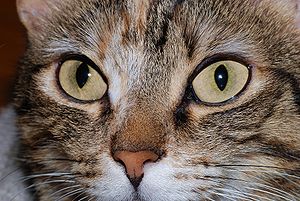
- Image via Wikipedia
Cats with Kidney Disease Eligible for Current Studies by Colorado State University Veterinarians
FORT COLLINS – Colorado State University veterinarians are looking for cats with chronic kidney disease to enroll in five current studies. To qualify, cats must already have been diagnosed with chronic kidney disease, also known as renal failure, by a veterinarian.
Several of the studies carry monetary benefits for pet owners.
The studies:
– A study looking at whether fatty acids in the feline diet are related to antioxidant and anti-inflammatory effects that could protect a cat’s kidneys. This study is open to qualifying felines who have stable chronic kidney failure, defined as a period of no change for three months. Cats in the study receive free complete blood count, blood chemistry tests, urinalysis and culture, urine protein, creatinine ratio, thyroid level and blood pressure tests, all valued at $150. Test results can be shared with veterinarians outside of CSU. Cats with some additional conditions are excluded from the study.
– Cats with kidney disease often have nausea and don’t eat. This study looks at the potential of the drug mirtazapine to improve the quality of life for cats with stable kidney disease. Mirtazapine stimulates the appetite and has anti-nausea properties. Cats in the study will be given either a placebo or the stimulant for three weeks and then crossover to the other group for an additional three weeks. The study includes three free but required veterinary visits and lab work, and six months of free Purina kidney diet cat food. Owners also will have access to the appetite stimulant for a period of time after the study. Cats with some health conditions are excluded from this study. Cats from anywhere in the United States can enroll in the study with their veterinarian’s participation.
– Anemic cats with kidney disease can enroll in a study that provides them with injections of a product that may improve the anemia. Kidneys produce a natural substance called erythropoietin that tells the bone marrow to produce red blood cells. Cats in kidney failure can lose their ability to form erythropoietin, causing anemia. Cats with anemia in the study will receive a feline-specific injection of erythropoietin and the impact will be measured weekly for a one-month period. Cats must be able to come to CSU for the treatment and following exams. Exam fees will be covered, along with weekly blood work, for the duration of the study. The study is limited to 18 cats, and a $600 stipend will be given to those enrolled.
CSU’s Veterinary Teaching Hospital also is offering free private cremation services for cats who have died from chronic kidney failure. CSU veterinarians would like to obtain post-mortem autopsy kidney samples to further study if a decrease in the ability of kidney cells to repair themselves is related to why kidney disease occurs in cats. The ashes of the deceased cat would be returned to owners within about a week’s time.
For more information about any of these studies, contact Dr. Jessica Quimby at jquimby@colostate.edu or 970-297-4410.
Quimby is the Morris Animal Foundation Amanda Feline Fellow.
